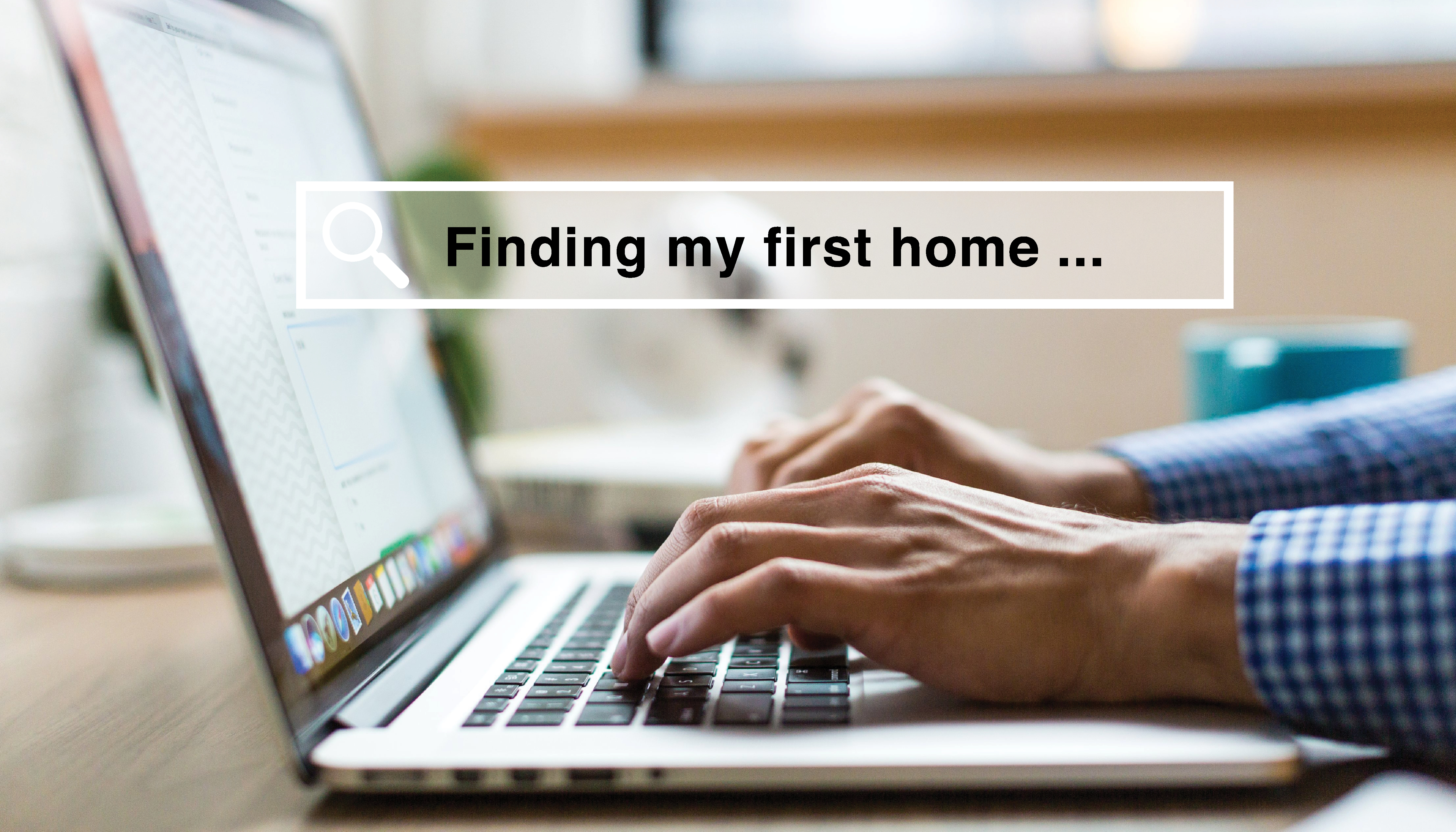5 Tips for your first home search

Buying a home is a major milestone in anyone's life and the process of finding the right one can be overwhelming. Once you've arranged your pre-approval, know your budget, and have your home deposit ready, now the really exciting part begins ... it’s time to start house hunting!
Here are 5 tips to help make your home search a success.
1. Define your priorities
One thing that first home buyers can often get stuck on is that their first home is not likely to be their forever home. This is where some compromises are going to have to be made to get into your first home. To help with this process, write a checklist of your top priorities and keep it next to you when viewing houses online. As you go through a number of properties, you will begin to get an idea of what things are important and what things you are willing to compromise on.
Here are some general considerations to help you get started:
- Size: How many bedrooms and bathrooms do you need? Do you need a home office or a separate guest room?
- Outdoor space: Do you need a large yard, or would you prefer an easy-to-maintain site? Do you need space for your pets?
- Storage: How much storage space do you need for items such as clothing and sports equipment?
- Cars: Do you need a lockup garage, a carport, or off-street parking?
- Safety and security: Do you want a home security system, or a gated community for added safety?
- DIY: Are you willing to roll up your sleeves and do some DIY?
2. Choose your location
When buying a home, location is key. Think about the proximity to schools, shops, transport and other amenities you may require, as well as the local neighbourhood feel and community activities. Choosing the right location to buy a new home is a big decision, as it will impact your daily life and long-term investment.
Here are some factors to consider when choosing a location:
- Commute: Consider the distance between your potential new home and your workplace. It's important to factor in the cost and time of commuting.
- Schools: If you have children or are planning to have children, consider the quality of schools in the area. Check out ERO reports for local schools, and perhaps talk to parents in nearby playgrounds.
- Neighborhood: Consider the type of neighborhood you want to live in. Do you want a quiet suburban area or a bustling urban area? Look for neighborhoods with amenities that suit your lifestyle, such as parks, restaurants, and shopping centers.
- Safety: Look into the crime rates and safety of the area you're considering.
- Future development: Look into future development plans for the area, such as new businesses, infrastructure, or housing projects. This can give you a sense of the long-term growth potential and value of the property.
3. Finding properties for sale
Most real estate agents list their properties on one of the sites below, so here are our picks for the top websites for house hunting.
4. Visit Open Homes
Visiting open homes is an important step in the house-buying process. It allows you to get a feel for the types of properties that are available in the areas you're interested in, as well as confirm what type of properties meet your needs and expectations.
- Get a sense of the property: See the property in person and get a sense of its layout, size, and condition.
- Check the neighbourhood: Explore the surrounding neighbourhood and get a feel for the community. Check for amenities like schools, shops, and parks, and assess whether the neighbourhood is a good fit for your lifestyle.
- Meet the real estate agent: Real estate agents are experts in the house-buying process, so make use of them as a source of knowledge for the process. An agent can provide you with insight into the local real estate market, and guide you through the home buying process. By being clear about what you want, a real estate agent can save you a lot of time in your search for your first home.
- Compare properties: Visiting multiple open homes can help you compare different properties and assess which ones are the best fit for your needs and budget.
- Gain confidence: You'll become more familiar with the house-buying process and gain confidence in your ability to find the right property for you.
5. Don't wait for the market
First home buyers often ask us, "When is the right time to buy my first home?" Our answer is, "The right time is when you are ready." The best approach to buying a home is not about timing the housing market and predicting house prices, as this can change so quickly. It's about when you can afford to buy a home, by arranging a pre-approval, knowing your budget, and having a deposit ready.
There are always going to be ups and downs in the housing market, which can be challenging when prices are rising and stressful when prices are falling. The key thing to help overcome this is remembering that you are buying your first home to live in for the long term. Owning a home over time, through the ups and downs, will likely take care of itself. If you find the home you want and you can afford it, buy it.
Good luck with your house search!

.png)
